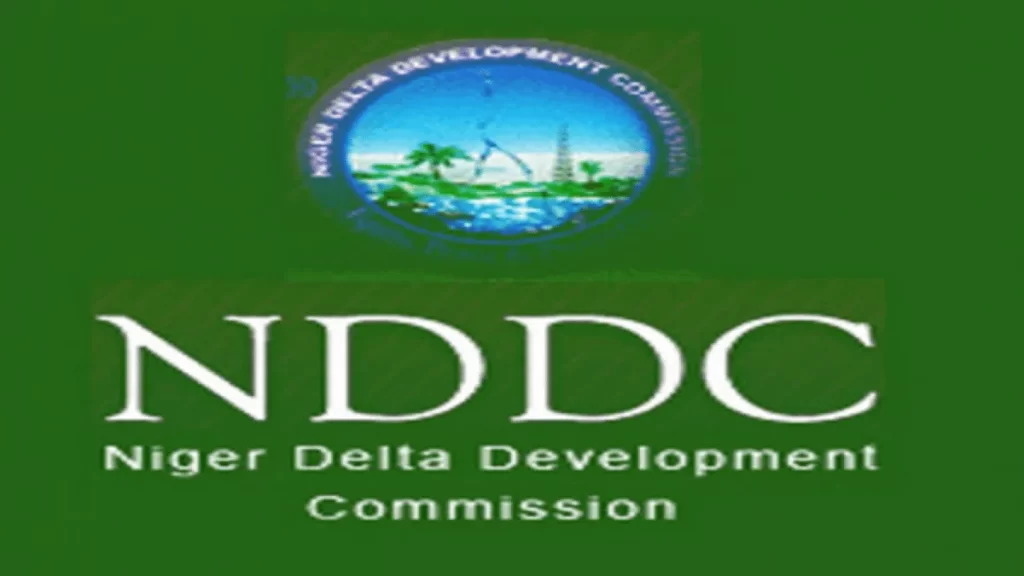
A plea has been made by the Niger Delta Development Commission (NDDC) to the government to exclude the agency from the Treasury Single Account, TSA.
After a meeting with contractors overseeing projects in Rivers State at the Port Harcourt state office on Tuesday, Chief Tony Okocha, the Rivers State Representative on the NDDC Management Board, addressed the media and made this request.
Okocha’s call for this action was prompted by his disclosure that he inherited more than 952 abandoned projects of the NDDC in Rivers State.
According to the state’s NDDC representative, the commission wishes to release funds to contractors in bulk to tackle the issue of numerous unfinished projects in the region.
“The purpose of this meeting was to gather feedback from our contractors on their progress, the status of their work, and to convey our vision to them,” Okocha stated.
“We have effectively communicated our goals and mission to the contractors and have received their feedback. We are all aware of the current situation in the country,” he added.
“I have urged them to return to the project sites. I discovered from the records that there are 952 abandoned NDDC projects in Rivers State. Our goal is to address issues like non-payment for completed work and political changes affecting project continuity,” he further explained.
Okocha then moved on to emphasize the importance of NDDC’s role as an interventionist agency covering the nine states in the Niger Delta region, where heavy rainfall limits work to about five months of the year.
To overcome financial challenges and optimize the limited working period, he proposed that NDDC should be removed from the TSA to facilitate faster access to funds for project implementation.
“Being detached from the TSA will enable us to negotiate, secure funds in larger amounts, and make adjustments to procurement regulations to expedite project execution,” he elaborated.
“Otherwise, we risk facing issues like project discrepancies and delays,” he concluded.
